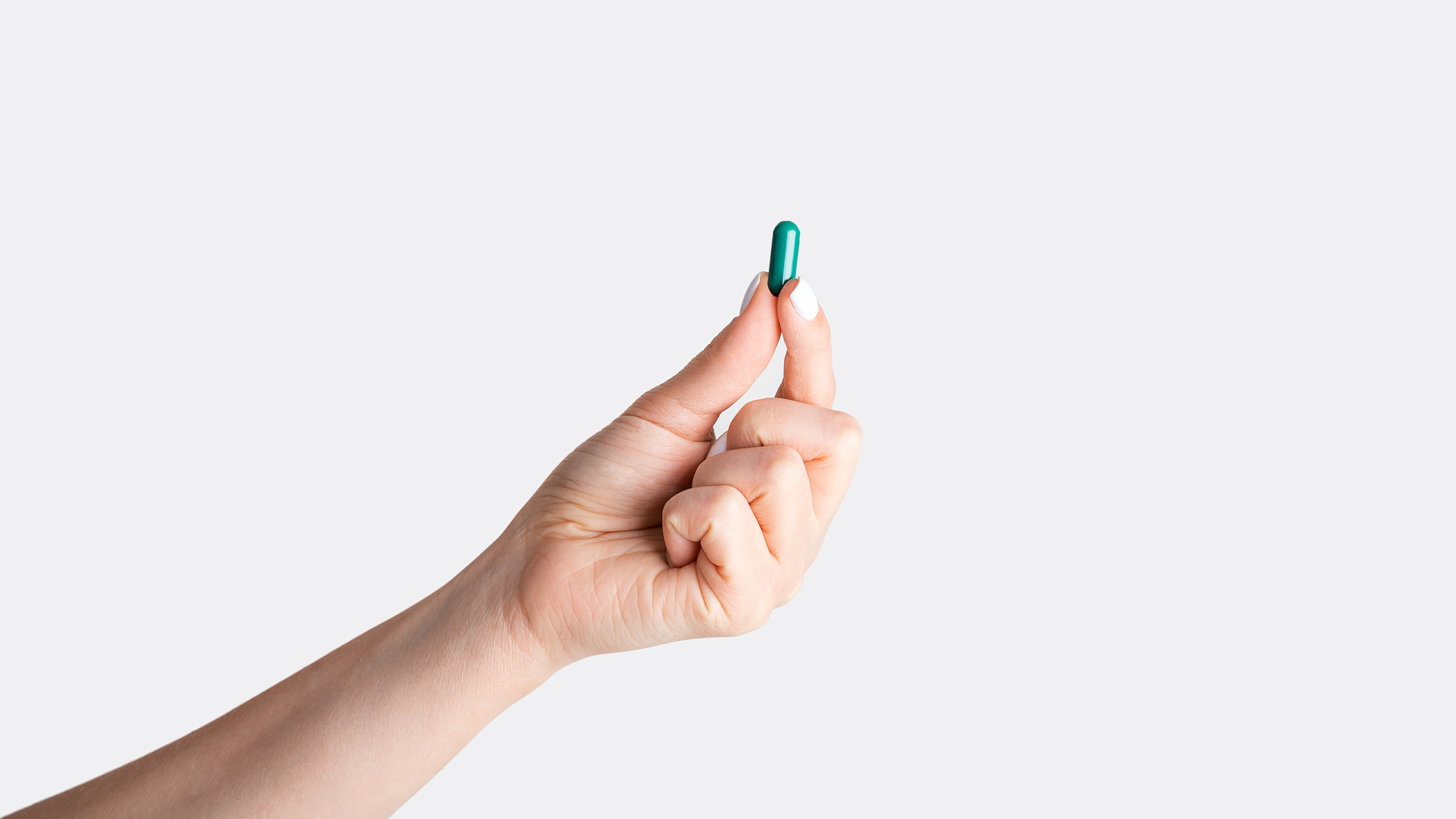Orlistat has gained popularity as a weight loss aid, but does orlistat block the absorption of fat effectively? If you’re looking for insights on how this medication works and its potential benefits, you’re in the right place. In this article, we’ll explore how orlistat interacts with dietary fats, its effectiveness, and what you need to consider if you’re thinking of using it as part of a weight management program.
What Is Orlistat?
Orlistat is a prescription medication primarily used to support weight loss in individuals struggling with obesity. It works differently from other weight loss drugs by focusing directly on the digestive process rather than on hunger signals or appetite control. Available as a prescription and over-the-counter (as a lower-dose version called Alli), orlistat is intended for people who are serious about losing weight and are committed to a healthy diet and exercise.
How Does Orlistat Block the Absorption of Fat?
Orlistat’s primary function is to block the absorption of fat from the food you consume. This process occurs because orlistat inhibits the activity of a digestive enzyme called lipase. Lipase is responsible for breaking down fats in the intestine. When lipase is blocked by orlistat, the fats you eat are not broken down into smaller, absorbable molecules and instead pass through your digestive system, eventually being excreted.
Orlistat Mechanism of Action: How It Works to Aid Weight Loss
Does Orlistat Only Affect Fat Absorption?
Yes, orlistat specifically targets fat absorption. It doesn’t impact the absorption of proteins, carbohydrates, or other essential nutrients, allowing these nutrients to be processed as usual by the body. This makes orlistat unique among weight loss medications because it zeroes in on reducing calorie intake from fats, which are typically high in energy and can contribute significantly to weight gain.
Effectiveness of Orlistat in Weight Loss
Studies have shown that orlistat can aid in weight loss, especially when combined with a reduced-calorie, low-fat diet. The medication is effective primarily for individuals who consume a diet high in fat, as its action is limited to blocking the fat content from being absorbed. For those who follow a lower-fat diet, the effects may be less noticeable.
Does Orlistat Block All Fat Absorption?
Orlistat blocks approximately 25% to 30% of the fat you consume from being absorbed. It does not completely eliminate fat absorption but does reduce the caloric intake from dietary fats significantly, which helps create a calorie deficit, encouraging weight loss.
Benefits of Orlistat in a Weight Loss Program
Orlistat has several benefits beyond weight loss. Here’s how it can support you in a weight management program:
- Reduces Fat Calorie Intake: Orlistat helps reduce the caloric intake from fats, which are calorie-dense and contribute to weight gain.
- Supports Cardiovascular Health: By reducing fat absorption, orlistat may help lower cholesterol levels, potentially supporting heart health.
- Promotes Healthy Eating Habits: Using orlistat often encourages individuals to avoid high-fat foods, fostering healthier dietary choices.
Side Effects of Orlistat
While orlistat can be effective, it’s important to be aware of potential side effects. The most common side effects are gastrointestinal in nature and may include:
- Oily or fatty stools
- Frequent bowel movements
- Abdominal discomfort
- Gas with an oily discharge
These side effects occur because the undigested fat is excreted, which can cause digestive issues. However, these symptoms are often reduced when users maintain a low-fat diet, as orlistat’s action is proportional to the fat consumed.
Who Should Consider Using Orlistat?
Orlistat is typically prescribed for adults who are overweight or obese, with a body mass index (BMI) of 30 or higher, or 27 or higher with related health risks like diabetes or high blood pressure. It’s important to discuss with a healthcare professional to see if orlistat is appropriate for your situation and weight loss goals.
Does Orlistat Block the Absorption of Essential Nutrients?
While orlistat mainly affects fat absorption, it can inadvertently reduce the absorption of fat-soluble vitamins (A, D, E, and K) because these vitamins need dietary fat to be absorbed efficiently. Health professionals often recommend taking a multivitamin at least two hours before or after taking orlistat to ensure you receive adequate nutrition.
How to Use Orlistat for Best Results
For orlistat to be effective, it should be taken with a meal that contains some fat, ideally within an hour after eating. This approach maximizes its fat-blocking potential. Orlistat is not a substitute for a healthy lifestyle; it should be combined with a well-balanced, low-fat diet and regular exercise to achieve optimal weight loss results.
- Follow a Low-Fat Diet: Since orlistat blocks only a portion of fat absorption, a low-fat diet minimizes potential side effects.
- Exercise Regularly: Physical activity can enhance the weight loss benefits of orlistat, helping you reach your goals faster.
- Take Multivitamins: To avoid nutrient deficiencies, take a daily multivitamin, ideally before bedtime or at a different time from your orlistat dose.
Potential Risks and Considerations
While orlistat is generally safe when used as directed, some users may experience more severe side effects or have contraindications. Consult your doctor to understand the possible risks, especially if you have pre-existing conditions or take other medications.
Does Orlistat Block the Absorption of Fat Long-Term?
Orlistat can be effective for long-term use, especially when paired with lifestyle changes. However, it should not be seen as a sole solution for weight loss. The medication is most beneficial when part of a sustainable program that includes diet, exercise, and lifestyle adjustments. If used appropriately, orlistat can help maintain weight loss over time.
Alternatives to Orlistat
If orlistat isn’t suitable for you, several alternative options may be considered. These include other weight-loss medications that work through different mechanisms, such as appetite suppression. Discussing these alternatives with a healthcare provider can help identify a solution that fits your needs and health profile.

